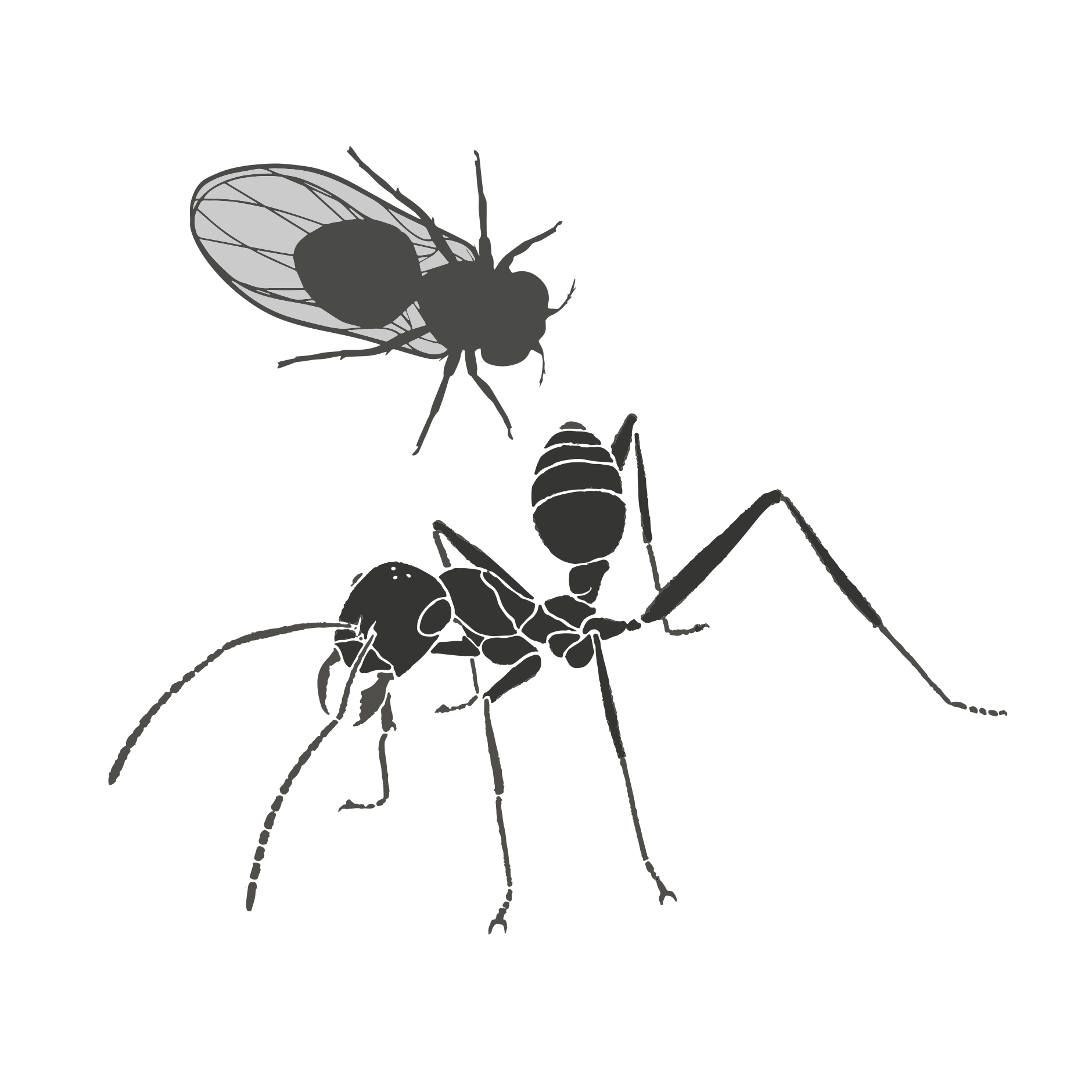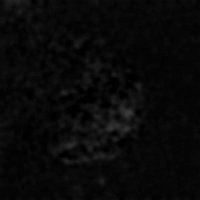Review on the neuroscience of foraging behavior
We've participated in a review on "Foraging as an ethological framework for neuroscience", now out in Trends in Neuroscience. To learn more about the back story, check out this thread.
10.10.2025
A stable sense of direction is the basis of many navigational strategies.
Recent work has uncovered circuits that maintain an internal compass, but the mechanisms by which this neural compass is constructed from sensory input in an ever-changing world are still mysterious.
Learn moreDepending on the environmental conditions, animals may not always have access to a reliable cue for orientation. We study what happens when and how insects switch strategies under conditions where their head direction system (their neural compass) fails.
We study navigational strategies in both ants and flies (see below) in the context of dispersal and foraging. We study the behavior both in the laboratory, where we have precise control over the experimental conditions, and in the field, where we can more directly link our findings to the ecology of the animals.
In fruit flies (Drosophila melanogaster) we can use genetic tools and established calcium imaging techniques to monitor and perturb defined populations of neurons. Desert ants (Cataglyphis nodus) have exquisite and robust navigation behaviour, which has been characterised in a defined ethological context.
We compare these models across multiple axes: anatomical structure of circuits, behaviour and eventually physiology.
More soon
Our goal is to understand how neural activity drives behavior. To get there, we combine the following techniques:

We've participated in a review on "Foraging as an ethological framework for neuroscience", now out in Trends in Neuroscience. To learn more about the back story, check out this thread.
10.10.2025
Özlem Gonulkirmaz-Cancalar, Johanna Wegmann and Yigit Yargili have joined the lab in November and January, respectively. Learn more about them and their projects here or on the zoology 2 website.
09.01.2025